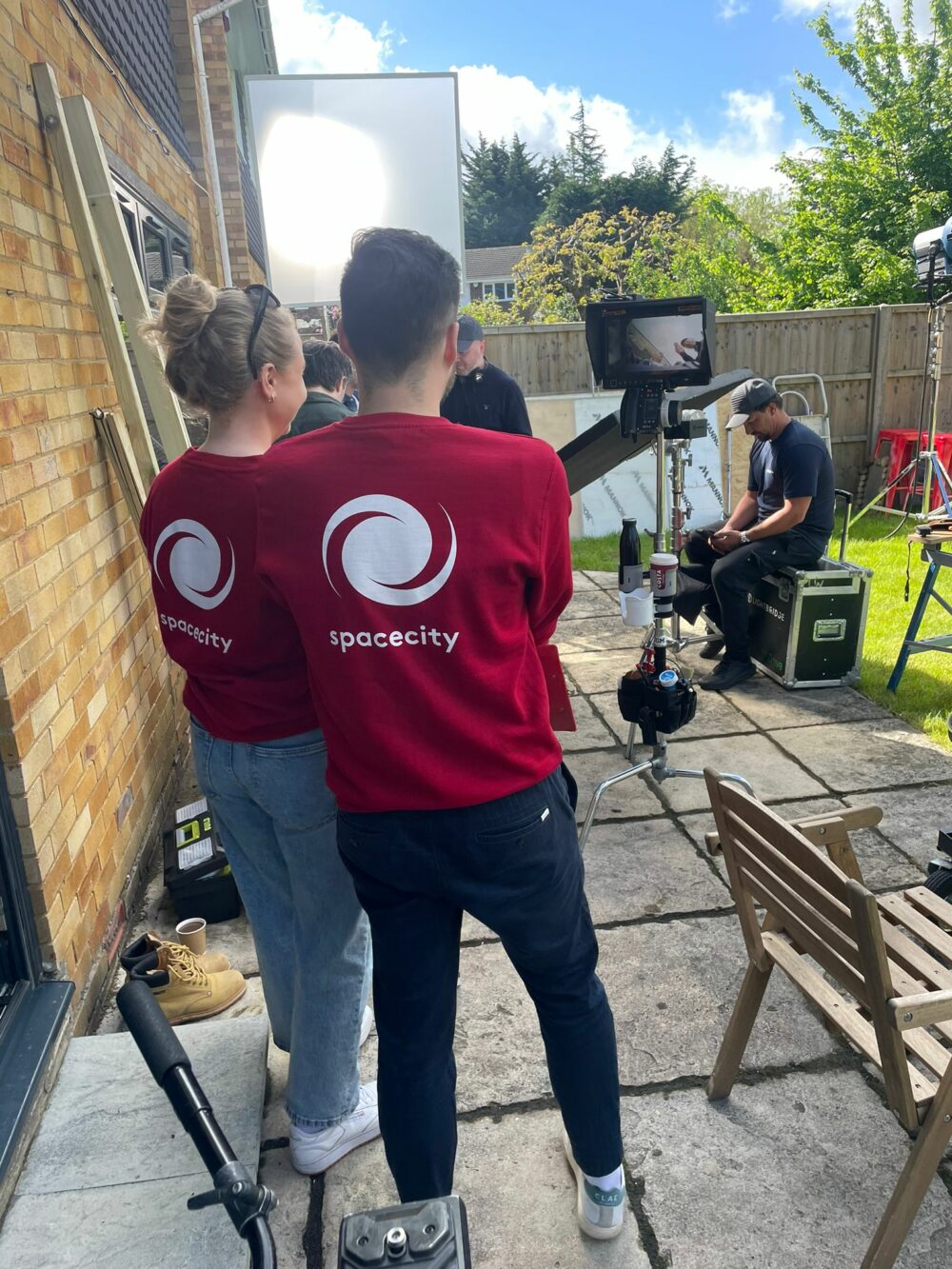ITV has finally decided to facilitate a consumer base that has been clamouring for flexibility and measurability, but is it good news for your business?
ITV Has removed late penalty charges to would-be advertisers for the months of April and May, but is this reason enough to utilise more reactive advertising?
With online providing the facility for your business to react to certain market changes, or implement campaigns that are more interchangeable and driven by transient, unforeseen opportunities, TV has seen its revenues stymied by the demand catered for by online.
Although gratification has been achieved from the measurability and actionability perspective, businesses are struggling to see consistent returns, with ROI struggling in comparison to TV.
While the culture of convenience, transparency and measurement has led many either away from TV or with a reduced output, given the lack of consumer understanding elicited through it, ITV’s decision has enabled TV to compete on a more even and reflective footing from a cost and targeting perspective.
Why TV advertising and its costs need to change
With the need for more data, knowledge and understanding of how, where and why consumers consume and interact with the advertising that is sent to them, addressable has enjoyed continued development to cater for the increasingly flexible TV advertising sphere.
Although it may seem ironic that a broadcaster itself is utilising what is a effectively a direct response initiative to stimulate short-term sales, the action in itself is showing that the broadcaster is listening to what businesses want.

For too long, broadcasters and media buyers alike have been too keen to maintain the status quo – remaining risk averse, while trying to advocate a means of advertising that seems highly risky when compared to the more measurable and actionable means of advertising on offer from online outlets.
Consumers still enjoy TV in large volumes, but the overall industry is consumed in a more fragmented, convenience-driven fashion.
With a more individualistic outlook, businesses have needed to adapt their advertising to suit individuals and their transient needs.
While this often leads to clicks and occasional short-term uplifts in sales, the long-term prognosis has been all-to-often proven to be of weaker ROI and a decline in business trust from consumers.
Therefore, TV cannot extricate itself from its founding values too much; values that have instilled credibility and continue to increase the coffers of myriad businesses worldwide.
The shift towards data-driven, realtime-analysed campaigns is something that was needed to supply the demand that continues to grow for knowledge-rich adverts.
What is not needed is a shift from how this advertising is delivered – this is why ITV’s new measure has to be a transient measure if it is to uphold TV’s position as a source of captivating and experiential content.
Why TV should not abandon its roots
Although necessary in the short and long-term, an onus on more short-term, reactive advertising will only serve to weaken the cash flow cycle and funding for the compelling programming that leads consumers to TV currently.
While the need for some form of surprise gratification is necessary, some form of financial incentive should still be active for those looking to plan ahead and provide a more brand-driven advertising campaign – something that is not as effective online, which is in turn the home to data-driven, reactive advertising.
In order for TV to remain relevant to both businesses like yours and consumers, it has to be effective.

While many false assertions have been made about the demise of linear TV, the future partnership between it and the data-driven and online sphere needs to be fostered, not a simple convergence of every metric of online and retrofitting it to TV.
The psyche, therefore, needs to be changed. Instead of punishing those desiring to react to a change in the market, rewards should be offered to brave and proactive TV advertisers – incentivising loyalty and demand.
Although the principle is correct from ITV and should be applauded, the nature of how a future costing overall is implemented needs to look towards reward in a world dominated by free markets.
The long-term solution for low cost TV advertising
While cost has been firmly placed on the back burner for businesses in an attempt to increase data streams and knowledge, it is something that continues to beat online and will continue to do so.
With the need for memorability and the emotive leverage that is inherently lacking with online content, TV needs to prise upon the developments in ACR (automated content recognition), to boost both linear and addressable advertising.
Knowing who consumed an ad and when will help businesses like yours tailor advertising in a more bespoke fashion, but creativity should not be compromised by any direct mimicking of online.
Space City has been producing TV, online and radio ads for 26 years, being named the UK’s number one producers of TV commercials.
Contact the team now and increase your sales by as much as 600% in the short-term and 140% over a three-year-period with low cost TV advertising.


